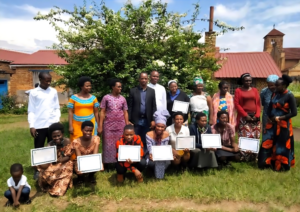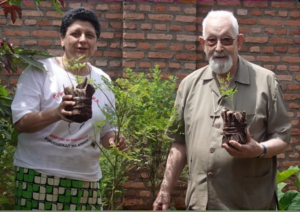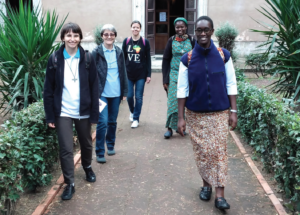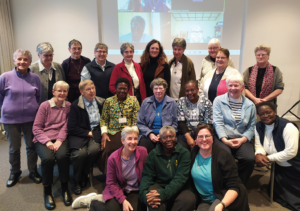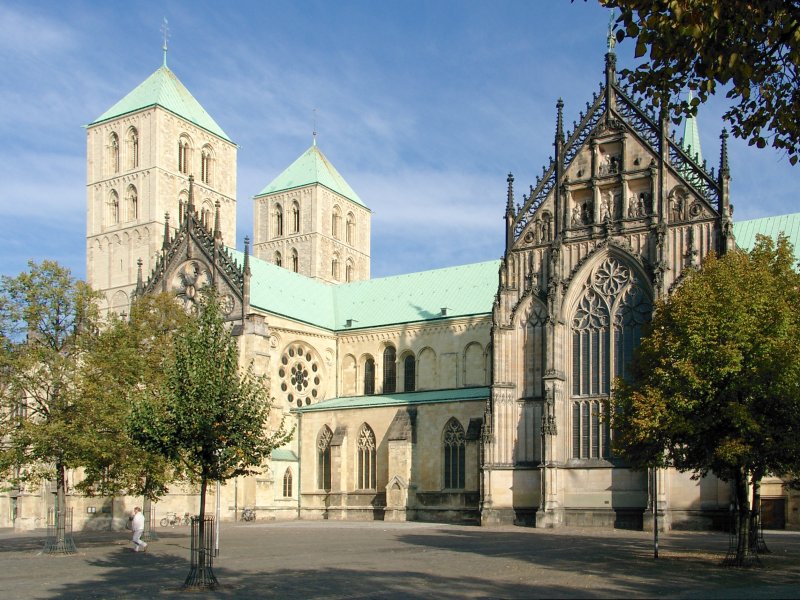
Our sister Margaret Kibola from Gumo, Ghana reports from Germany.
From 24th August to 7th September, I was invited together with three others from the Holy Cross congregation to visit our partner parish and school in Germany, in the Diocese of Münster. We travelled from Ghana with Turkish Airways and on arrival, discovered that our bags were left in Istanbul. Our hosts communicated with their friends and we had already the first gesture of hospitality by going to a shop to choose what we wanted to wear. It was very touching.
Then, my three friends were sent to one family and I was to live in the family of the headmistress of our partner school St. Lambert School. The program was very special as it was to expose us to different realities of parish life, society and school life. We visited many beautiful places and churches.
The idea of volunteering is really touching. Old and young people offer their time to serve those who are poor. “If one is suffering, we all are!” — a comment from one of our friends. People offer what they can to support such people by giving food especially from big super markets.
We visited schools at all levels. We were really amazed at the investments done for the young generation as future leaders. The classes were decorated with materials, children had equipment for learning aids and books were available. And the greatest difference was the number of learners in classes (21-30).
Indeed, we still have a long way to go with our education system because of the poor funding in our continent of Africa. What was touching is their reaction in knowing that in other places it is not like theirs. We have created an awareness of other realities.
My greatest joy was to meet our sister Elizabeth Biela and also to visit our sisters in Koln. I was so happy to meet them. What touched me most is the interest our sisters had about our mission in Ghana and also about my visit to Germany. It was a sweet short moment that brought me closer to the sisters.
My concern was the empty beautiful churches with mostly old people attending masses. The future of the Church in these places we visited is vague. The Auxiliary Bishop of Munster shared with us about this reality as a concern and a challenge. This is what he says as one of the reasons: “that people no longer see relevance of the faith in their daily life. Some, due to wealth or other realities. How to actualize the faith and make it relevant is a challenge for the church in Germany.”
The hospitality, generosity, and availability of our friends to make us feel very much at home for two weeks was remarkable. I cherish this gift of seeing a different reality of our world and also our Catholic Church.
Margaret Kibola



